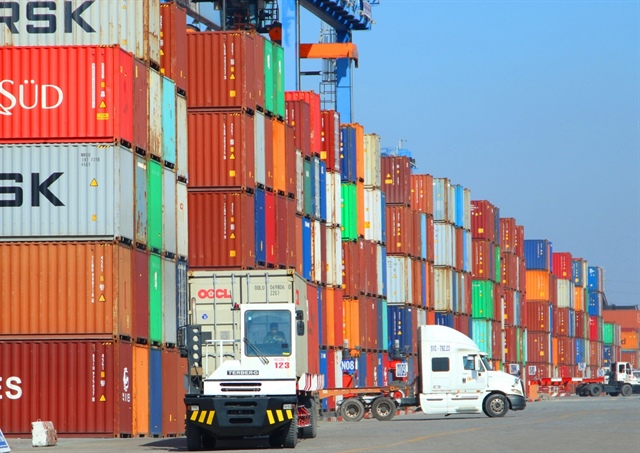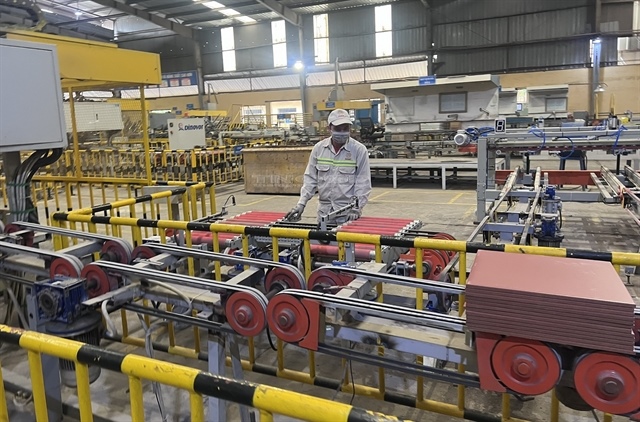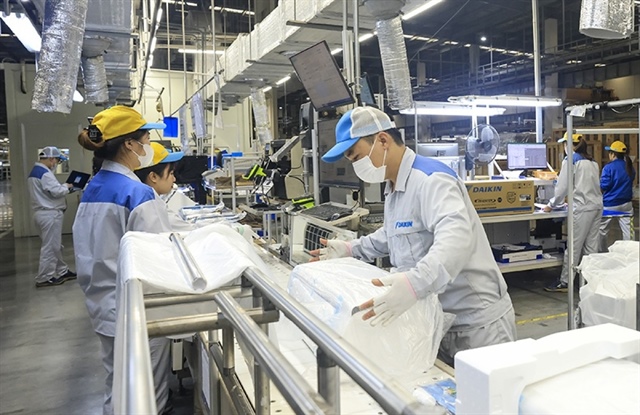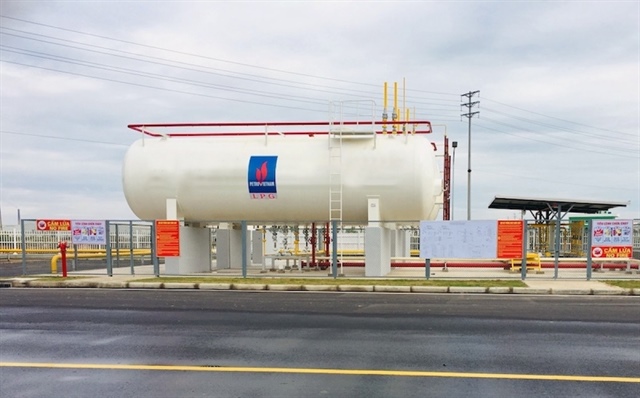EVN told to stick to tiered pricing model
EVN told to stick to tiered pricing model
Vietnam Electricity (EVN) should stick to its tiered pricing model, said researchers in a conference on Thursday in Ha Noi.Viet Nam's largest electricity producer barely managed to break even during 2016-18 and lacks resources to maintain financial stability and growth, found a recent study into the EVN's operations. Researchers studied the company's figures such as production volume, revenue and pricing strategy.
They advised EVN to build a five-tier pricing model, saying it's the most suitable model for Viet Nam given its consumption habits and different income groups. It is also less likely to impact consumers, society and the company's revenue.
Tran Dinh Long, vice president of Vietnam Electricity Association, said tiered pricing helps in the long run encourage people to switch to renewable forms of energy.
"As people try to avoid paying the highest rate they could install solar panels to keep their total consumption from the national grid down. It also happens that solar panels produce the most electricity during 1pm to 4pm, which is the peak for power consumption in Viet Nam," said Long.
Nguyen Tien Thoa, former head of finance ministry's department of pricing management, said a tiered pricing model plays a crucial role in increasing consumer awareness and helping reduce power waste.
Electricity is generated using a number of finite resources, some of which are running low on a global scale. The more electricity people consume the less resources nature has to offer. That's why the electricity price should go up as consumption rises, said Thoa.
Dr Bui Xuan Hoi from the Hanoi University of Science and Technology (HUST) said the EVN's tiered pricing model is widely used in both developing and developed countries including Malaysia, Thailand, France, South Korea and Australia.
Twice a year
Researchers urged lawmakers to establish the required legal framework to allow timely adjustments to power prices, saying prices should be proactively altered and notice must be given to the public in advance.
The study proposed power prices be adjusted twice a year, at the beginning of March and September, times of year when power consumption tends to fluctuate sharply - as well as whenever special global or market events take place that call for a price change.
Tran Van Binh from HUST's department of economics and management said the electricity price must be adjusted to better reflect its production cost.
"We produce electricity using different inputs. It's only natural for electricity price to increase when the cost of inputs rises. Take coal-fired stations for example. We used to extract coal from a mere 10 metres under the ground. Now, we have to extract coal from 100-metre depth. The cost is vastly more expensive," Binh said.
He also advised the Government not to put too much of a burden on the EVN as Viet Nam strives to promote the use of renewable energy. The EVN has been buying solar power at US$9.5 cent per kWh or VND2,000. Experts believe this is not a sustainable approach financially as EVN can only sell at VND1,700 per kWh on average.
Binh said electricity is considered an essential commodity and a required input in all production activities. Any change in price, therefore, must be carefully studied to ensure it doesn't harm society or businesses.
Electricity prices have been adjusted seven times since 2010. The latest adjustment was at the end of 2017.



















